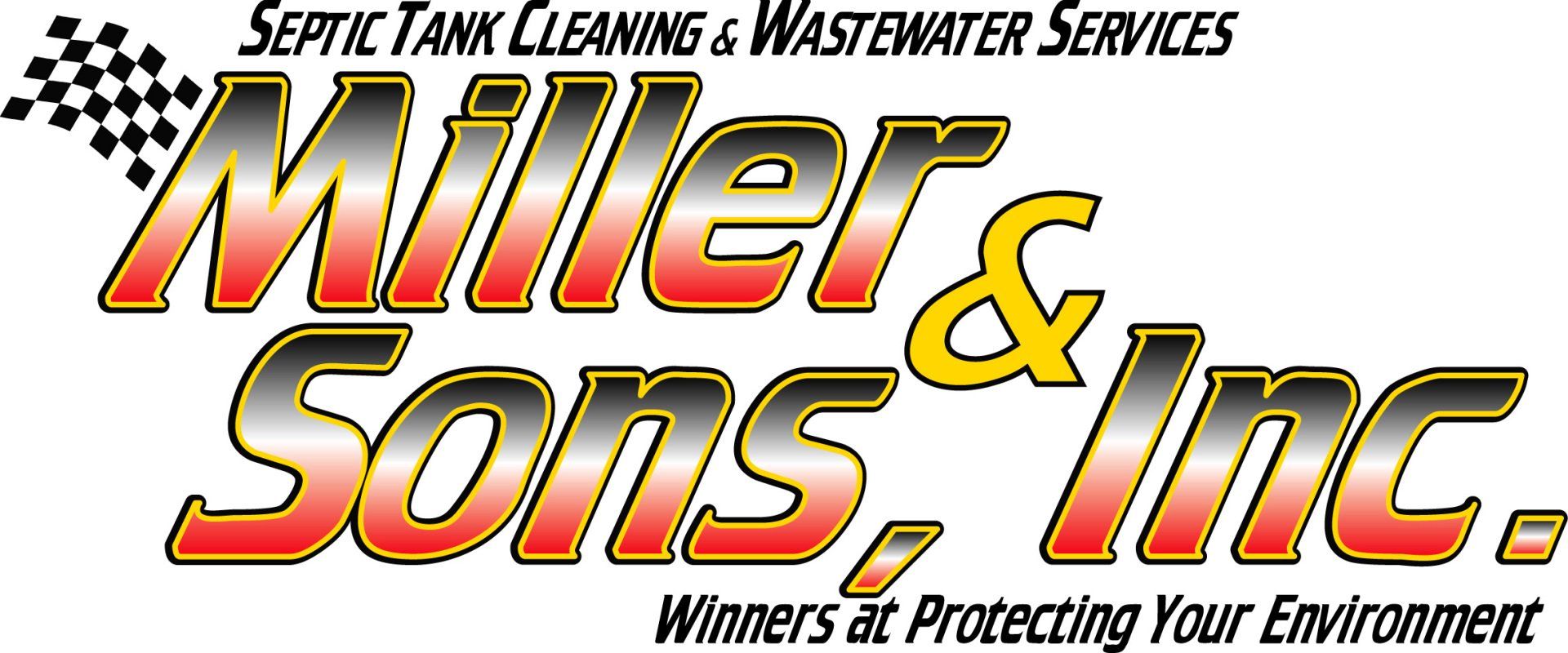Facts About Septic System Maintenance
Facts About Septic System Maintenance
Prolong the Life of
Your Septic System
Prolong the Life of
Your Septic System
Periodic maintenance is the key to extending the life of your septic system and preventing costly repairs. It will also prevent sludge and scum from contaminating the drain field. Have your septic tank pumped when the combined depth of the sludge and scum layers equal 1/3 of capacity or every 3 years, or more often if your household consists of 4+ people.
Contact us
today for more information!
Preserve Your Health and Finances
Preserve Your Health and Finances
There are two main reasons why septic system maintenance is important to you and your community
Health and Safety:
Inadequately treated wastewater can pose significant human health risks and can contaminate wells, groundwater
and surface water.
Money:
The minimal cost required to maintain your system can save or delay future expenses for a replacement system.
Home Owner Don'ts:
Protect and Take Care of Your Septic System
Home Owner Don'ts:
Protect and Take Care of Your Septic System
1.
Don't drive over your tank & drain field or compact the soil in any way.
2.
Don't dig around the tank or drain field, build over it or cover it with a hard surface (concrete or asphalt)
3.
Don't use a garbage disposal (or limit its use). Disposals increase the solids in your tank, so you have to pump your tank more often than normally recommended.
4. Don't flush, Coffee grinds, Dental floss, Disposable diapers, Kitty litter, Sanitary napkins, Cigarette butts, Condoms, Fat, grease, oil, Paper towels and Hazardous chemicals such as paint, varnish and oil.
How a Septic System Works
How a Septic System Works
Home septic systems have two main components: a septic tank where solid waste is stored and an absorption area where waste water is treated. The waste drains from the house drain into the septic tank and separates out into three layers.
1.
Solids settle to the bottom and decompose to form the bottom sludge.
2.
Greases and Oils (lighter than water) form a floating surface layer of scum.
3.
The remaining wastewater, after the separation of sludge and scum, make up the middle later.
The wastewater leaves the septic tank and travels through a baffles. These baffles ensure the wastewater is relatively free of scum and sludge. The water travels to the drain field (gravel-filled trenches) to treat the wastewater. The soil acts as a biological and physical filter to remove harmful substances.
Septic tanks must be routinely pumped to remove the accumulation of the bottom sludge and surface scum. If the tank is not pumped regularly to remove these solids, then the tank will fill with sludge and scum. When this happens, the solids will be washed out to the drain field, where they will quickly clog the soil and eventually lead to system failure.
Interested in our services? We’re here to help!
Interested in our services? We’re here to help!

Services
Website Design by Lutzko Marketing & Consulting Services
© 2024
All Rights Reserved | Miller & Sons Inc.
